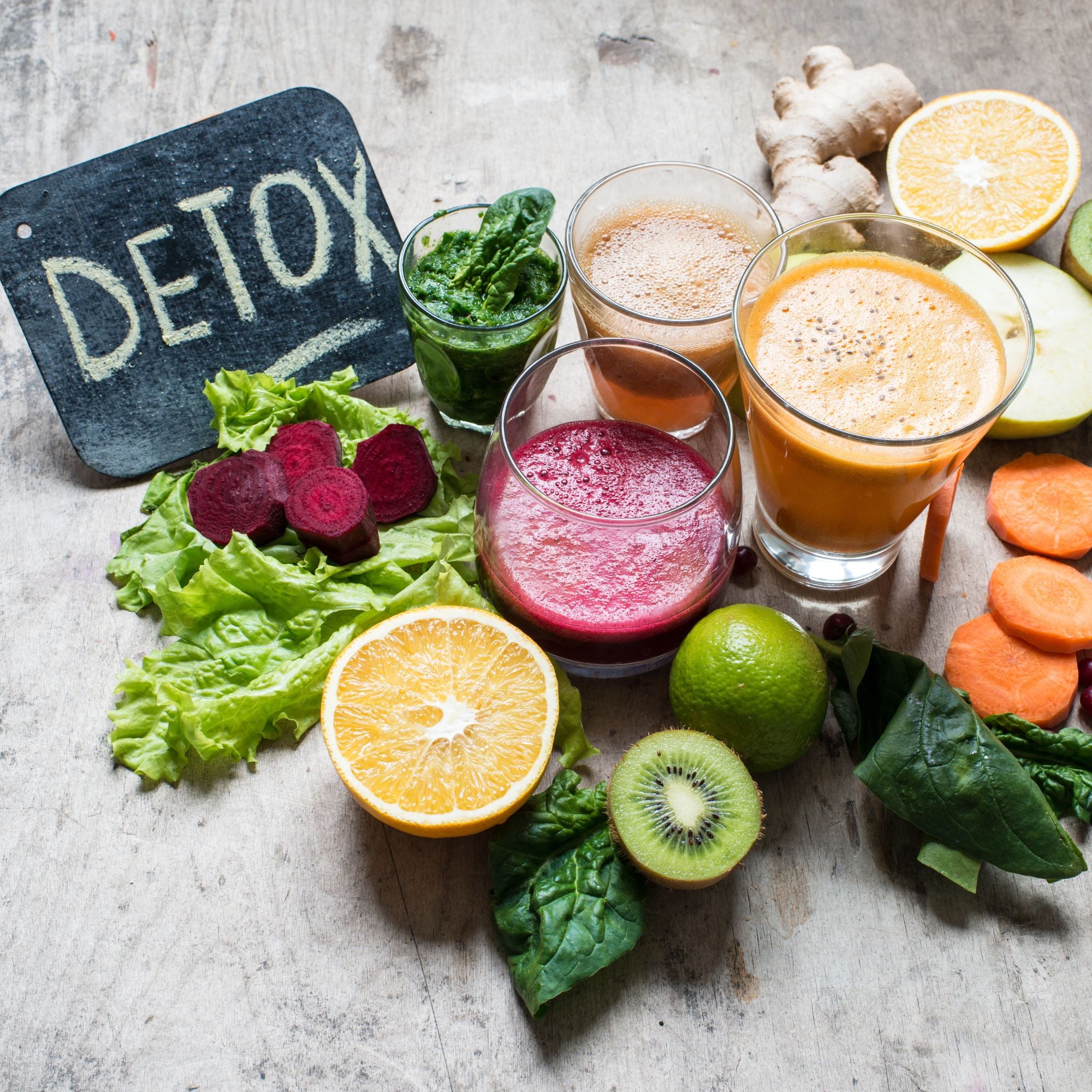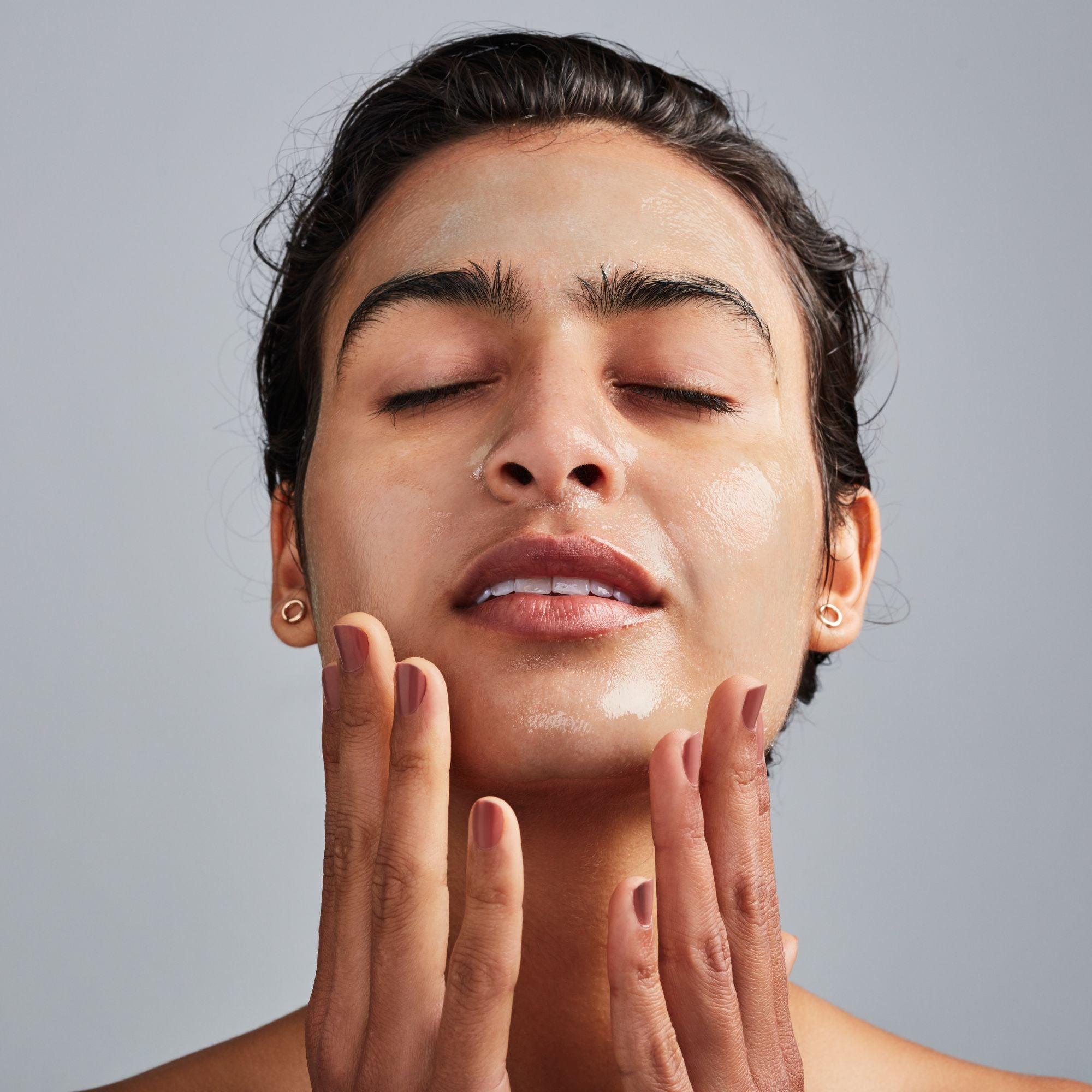Did you know that the food you eat can directly impact the health of your skin? It's true! The relationship between diet and acne has long been a topic of interest, and research has shown that certain foods can trigger breakouts and contribute to the development of pimples. By understanding which foods can cause acne, you can make informed choices and potentially achieve clearer skin through dietary adjustments.
Key Takeaways:
- Certain foods can trigger acne breakouts and contribute to the development of pimples.
- Understanding the impact of diet on acne can help you make informed dietary choices.
- Processed foods, sugary snacks, and dairy products are common culprits for acne breakouts on the face.
- Including nutrient-rich foods such as fruits, vegetables, and omega-3 fatty acids can support clearer skin.
- Other factors, like hormonal changes and stress, can also influence acne development.
Understanding the Impact of Diet on Acne
In this section, we will explore how your diet can directly affect the development of acne, specifically on your face. There is scientific evidence that suggests a strong link between certain foods and the occurrence of acne breakouts. By understanding the underlying mechanisms behind this relationship, you can gain valuable insight into how your dietary choices may be influencing the health of your skin.
The connection between diet and acne can be attributed to several factors. One significant contributor is the impact of certain foods on hormone levels. Foods that cause acne on the face often have a high glycemic index, meaning they rapidly raise your blood sugar levels. This spike in blood sugar triggers the release of hormones, such as insulin and insulin-like growth factor 1 (IGF-1), which have been linked to the development of acne.
Additionally, certain foods can promote inflammation in the body, leading to acne breakouts on the face. Inflammatory foods such as processed meats, sugary snacks, and refined carbohydrates can cause a surge in pro-inflammatory markers, aggravating acne-prone skin. Understanding the inflammatory potential of foods is crucial for managing and preventing breakouts.
Furthermore, the gut-skin axis plays a significant role in acne development. Imbalances in the gut microbiome can lead to systemic inflammation, which can manifest as acne on the face. The foods you consume directly influence the diversity and balance of your gut microbiota, which in turn affects your skin health. By making informed dietary choices that support a healthy gut, you may be able to minimize the occurrence of acne breakouts.

While the relationship between diet and acne is complex, research continues to provide valuable insights into the impact of specific foods on skin health. In the next section, we will discuss in detail the foods that you should avoid in order to promote clearer skin and reduce the occurrence of acne breakouts on the face.
Foods to Avoid for Clearer Skin
In this section, we will discuss specific foods that have been found to trigger acne breakouts on the face. By understanding which foods to avoid, you can proactively minimize the occurrence of acne and promote clearer skin.

Processed Foods
Processed foods, such as fast food, snacks, and packaged meals, are often high in refined carbohydrates, unhealthy fats, and additives. These ingredients can increase inflammation in the body, leading to acne breakouts. It is best to opt for whole, unprocessed foods whenever possible.

Sugary Snacks
Consuming too much sugar can cause a spike in blood sugar levels, which can lead to increased oil production in the skin. This excess oil can clog pores and contribute to acne. It is advisable to limit your intake of sugary snacks and opt for healthier alternatives like fresh fruits or nuts.

Dairy Products
Dairy products, such as milk, cheese, and yogurt, contain hormones that can disrupt the balance of your hormones. This hormonal imbalance can trigger acne breakouts. If you notice a correlation between dairy consumption and your acne, it might be worth considering reducing or avoiding dairy altogether.

By being mindful of these acne-causing foods, you can make informed choices to support clearer skin and minimize the occurrence of acne breakouts on your face.
Acne-Friendly Foods to Include in Your Diet
Incorporating acne-friendly foods into your diet can provide support for clearer, healthier skin. By including nutrient-rich options such as fruits, vegetables, and foods high in omega-3 fatty acids, you can minimize acne breakouts and achieve a healthier complexion.
Fruits and vegetables are essential components of an acne-friendly diet. These foods are rich in vitamins, minerals, and antioxidants that promote skin health. Incorporate a variety of colorful fruits and vegetables into your meals, such as berries, citrus fruits, leafy greens, and cruciferous vegetables. These choices can help reduce inflammation and support the health of your skin.
In addition to fruits and vegetables, foods high in omega-3 fatty acids can also be beneficial for acne-prone skin. Omega-3 fatty acids have anti-inflammatory properties that can help reduce redness and inflammation associated with acne. Include foods such as salmon, trout, walnuts, and flaxseeds in your diet to increase your intake of omega-3 fatty acids.

Furthermore, foods that are low on the glycemic index can contribute to clearer skin. High-glycemic foods, such as refined carbohydrates and sugary snacks, can cause spikes in blood sugar levels, leading to increased production of sebum and inflammation. Instead, opt for whole grains, legumes, and low-glycemic fruits to help maintain steady blood sugar levels and promote balanced skin.
Dietary adjustments for clearer skin:
- Increase your intake of fruits and vegetables, aiming for a variety of colorful options.
- Incorporate foods high in omega-3 fatty acids, such as salmon, trout, walnuts, and flaxseeds.
- Avoid high-glycemic foods and opt for whole grains, legumes, and low-glycemic fruits.
- Stay hydrated by drinking plenty of water throughout the day.
- Consider speaking with a healthcare professional or registered dietitian for personalized dietary recommendations.

Other Factors That Influence Acne
While diet plays a significant role in acne development, it is crucial to consider other factors that can contribute to breakouts on your face. These factors, including hormonal changes, stress, and skincare routines, have a direct impact on acne-prone skin. Understanding and addressing these contributing factors will allow you to take a holistic approach to managing and preventing acne breakouts.
Hormonal changes can trigger hormonal acne, usually characterized by deep, cystic pimples along the jawline and chin. Fluctuations in hormone levels, such as those that occur during puberty, menstrual cycles, or pregnancy, can lead to increased sebum production and inflammation, resulting in acne.
Stress is another factor that can exacerbate acne on your face. When you're stressed, your body releases the hormone cortisol, which can stimulate sebaceous glands and cause an overproduction of sebum. This excess sebum, combined with dead skin cells and bacteria, can clog pores and lead to breakouts.
Your skincare routine also plays a crucial role in managing acne. Using harsh, abrasive products or over-cleansing your face can strip away the skin's natural oils, leading to dryness and irritation. Conversely, using heavy, pore-clogging moisturizers or not properly removing makeup can contribute to clogged pores and acne.

To effectively manage acne breakouts on your face, it is essential to address these additional factors alongside making dietary adjustments. By maintaining a healthy hormonal balance, managing stress levels, and adopting a skincare routine tailored to acne-prone skin, you can significantly improve your chances of achieving clearer, healthier skin.
Conclusion
Throughout this article, we have explored the relationship between diet and acne, particularly on the face. By understanding the impact of certain foods on acne development, you can make informed dietary choices to potentially achieve clearer, healthier skin.
We have learned that certain foods can trigger acne breakouts on the face. Processed foods, sugary snacks, and dairy products are common culprits that can worsen acne. By avoiding these acne-causing foods, you can reduce the occurrence of breakouts and promote a clearer complexion.
On the other hand, incorporating acne-friendly foods into your diet can support clearer skin. Nutrient-rich options like fruits, vegetables, and foods high in omega-3 fatty acids have been shown to reduce inflammation and improve overall skin health. By including these foods in your diet, you can minimize acne breakouts and achieve a healthier complexion.
While diet plays a significant role in acne development, it is important to consider other factors that can contribute to breakouts. Hormonal changes, stress, and skincare routines can also impact acne-prone skin. By adopting a holistic approach to managing acne and considering these factors alongside your dietary choices, you can take proactive steps toward preventing breakouts and maintaining healthier skin.
Also Read - Top 9 drinks for acne free glowing skin
FAQ
Can certain foods cause acne breakouts on the face?
Yes, certain foods have been found to trigger acne breakouts on the face. Processed foods, sugary snacks, and dairy products are common culprits that can contribute to the development of acne.
What is the link between diet and acne?
Diet can impact the development of acne by triggering hormonal changes, inflammation, and increased sebum production. Certain foods can exacerbate these processes and contribute to the formation of pimples on the skin.
Are there any foods that can help improve acne-prone skin?
Yes, including acne-friendly foods in your diet can help improve acne-prone skin. Fruits, vegetables, and foods high in omega-3 fatty acids are nutrient-rich options that can reduce inflammation and promote healthier skin.
What are some other factors that influence acne breakouts?
In addition to diet, other factors such as hormonal changes, stress, and skincare routines can influence acne breakouts. It is important to consider these factors and adopt a holistic approach to managing and preventing acne.
How can I achieve clearer skin through dietary adjustments?
By avoiding acne-causing foods and incorporating acne-friendly foods into your diet, you can potentially achieve clearer skin. It is important to make informed dietary choices and follow a balanced, nutritious diet for optimal skin health.
Read More - Top 10 Ayurvedic Herbs for Glowing Skin: Natural Remedies That Work




